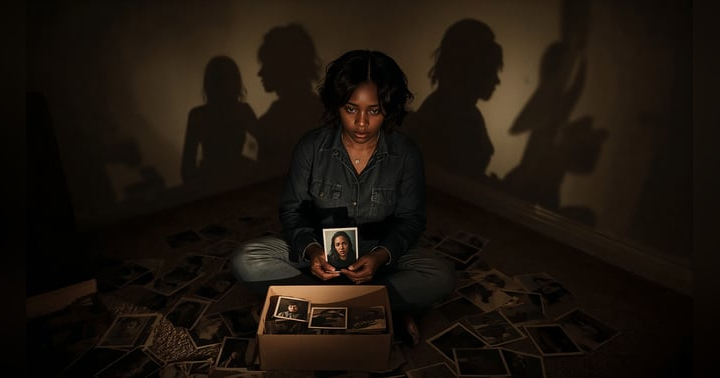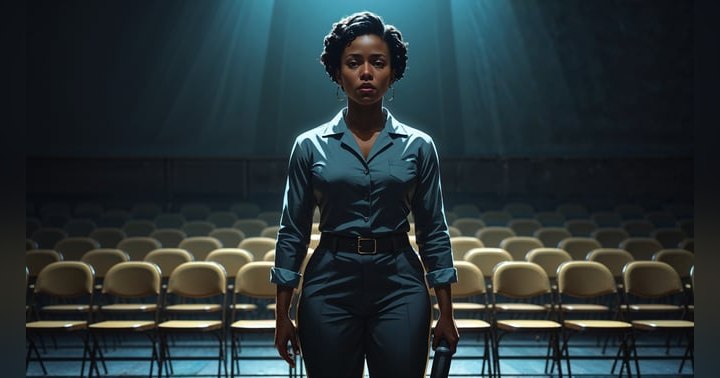Marvel’s Thunderbolts and the Quiet Power of Mental Health Storytelling
No Spoilers... I Promise
Depending on who you ask, the argument can be made that Marvel has long been the gold standard for cinematic universes. However, its latest release, Thunderbolts, stands out for reasons that go far beyond the usual explosions, comedic banter, and epic battles. For behavioral health professionals, recovery advocates, and anyone passionate about mental health awareness, this movie offers something deeper—something quietly revolutionary.
Like many fans, I entered the theater expecting the typical Marvel movie. The action, the world-building, the layered callbacks—it’s all there. And as someone who still ranks watching Endgame as the greatest cinematic experience I’ve ever had, I was ready for another memorable experience.
But about halfway through Thunderbolts, the tone shifted for me. I found myself unexpectedly emotional—not because of a character death or plot twist, but because I could feel how closely the film mirrored the internal battles faced by individuals in active recovery. It was subtle, symbolic—but unmistakably aligned with the real-world journey of healing from trauma, addiction, and mental health challenges.
A Symbolic Reflection of ACEs and Recovery
Without revealing spoilers, Thunderbolts uses its characters to explore themes central to trauma-informed care. From unresolved childhood trauma to the cyclical impact of substance use and mental illness, the film metaphorically unpacks what the behavioral health community calls ACEs—Adverse Childhood Experiences.
These symbolic arcs reveal how early trauma can manifest in adulthood as emotional repression, impulsivity, and disconnection—symptoms many in the recovery community know all too well. Yet rather than simplifying these challenges, the film honors their complexity. This matters. Because when mainstream media represents addiction and recovery with dignity, it combats stigma and promotes empathy.
Addiction, Mental Health, and the Hero's Inner Conflict
The inner conflict portrayed in Thunderbolts resonates with what behavioral health clinicians and recovery specialists witness daily: the struggle between survival and self-destruction, the tension between shame and self-worth. These aren't just cinematic flourishes—they are grounded reflections of real mental health diagnoses, such as PTSD, substance use disorders, and emotional dysregulation.
The film’s portrayal aligns with DSM-5 and ICD-11 frameworks without explicitly naming them, showing how trauma and addiction often co-occur and are influenced by systemic failures. What results is a rare and meaningful fusion of superhero storytelling and behavioral health insight. We will dive into many of these themes this season.
A Growing Cultural Shift Toward Mental Health Awareness
Marvel’s Thunderbolts demonstrates something we in the behavioral health field have long advocated for: that mental health is just as vital—and visible—as physical health. As a society, we are beginning to normalize conversations around recovery, resilience, and trauma-informed care. And this film plays a part in that movement.
How Mental Health Rewritten Carries This Mission Forward
With Mental Health Rewritten, our mission echoes this approach. We are committed to sharing stories that reflect the emotional depth and systemic realities of living with mental illness, navigating recovery, or supporting loved ones through their journey. Starting May 14th, each episode of our podcast is rooted in behavioral health research and crafted with the same storytelling integrity found in films like Thunderbolts.
We aim to empower our listeners—whether they're seeking help, offering it, or advocating for broader change. Because stories can heal. And when told with care, they can inspire action.
If Thunderbolts sparked something inside you—hope, grief, compassion—you’re not alone. That’s the beginning of something powerful.
Take care of yourself.
By the way, sorry for no images in this blog post. “The Mouse” can get quite litigious, lol.









